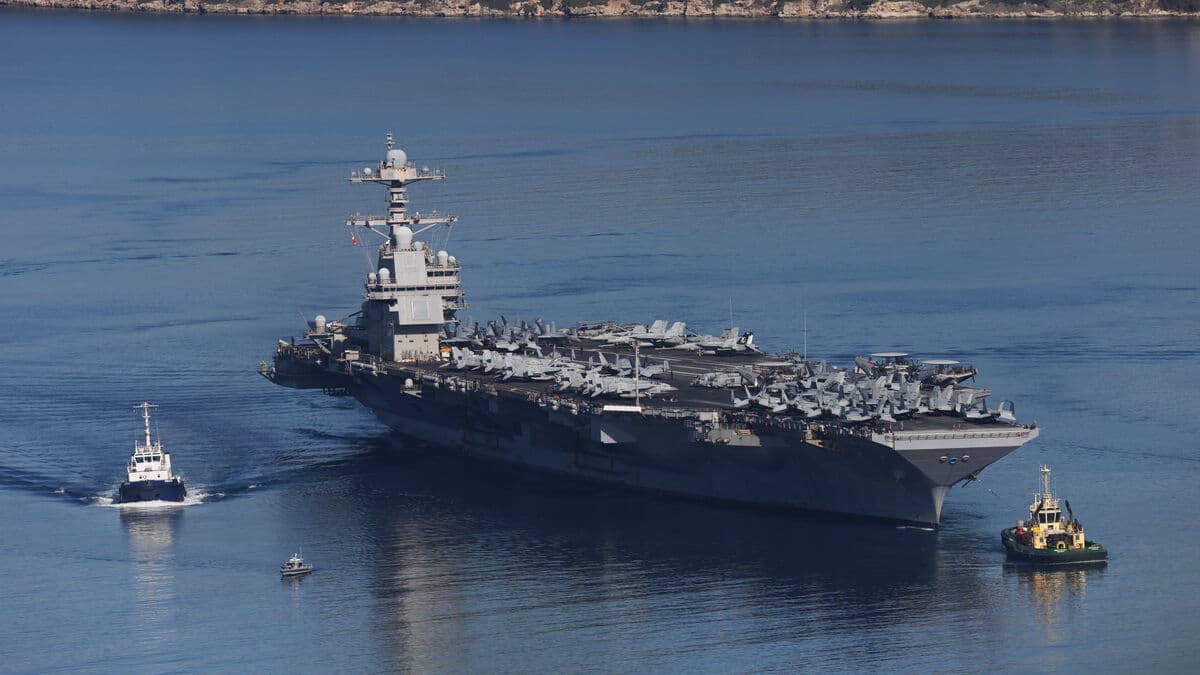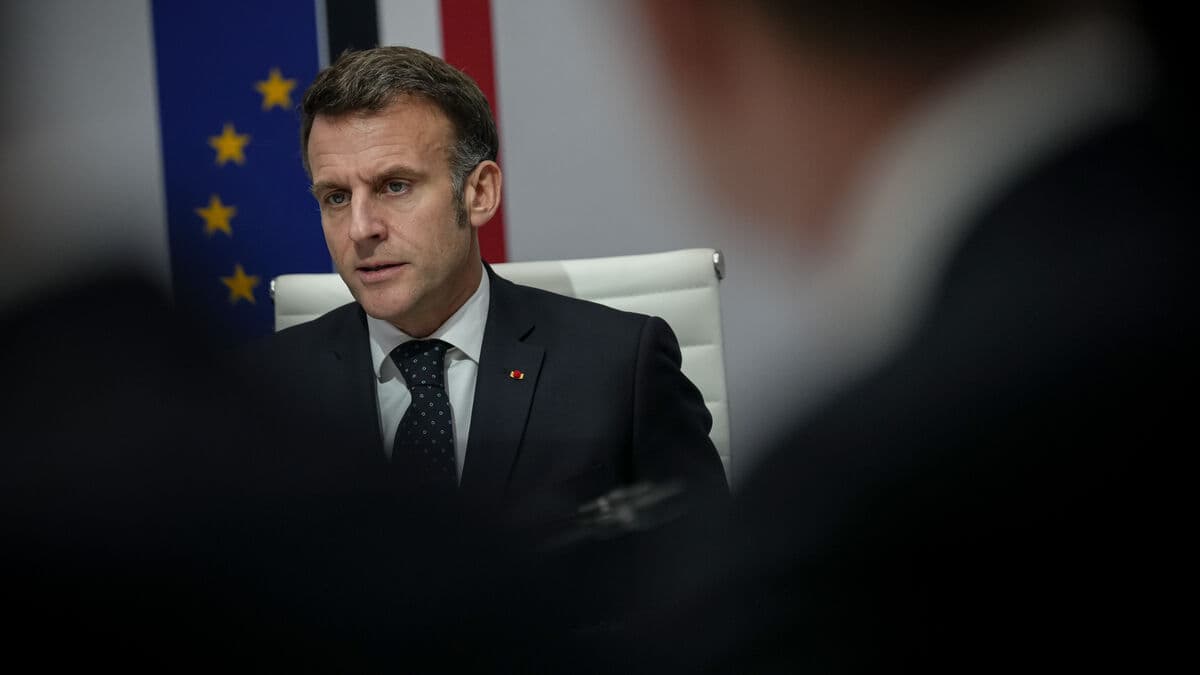The political scientist Persson at Linnaeus University wonders if Israel is ready to send in ground troops in Lebanon.
There are four rules of thumb for an invasion. The first is that Israel has bad experiences in Lebanon, and especially the areas that are currently relevant.
The Israeli invasion of Lebanon in 2006 ended with an Israeli failure and a political crisis in the country. The invasion became a lesson for the Islamist Hezbollah, which is believed to have prepared itself for new ground battles since then.
The third is that Israel would lose many of the tactical advantages with air bombings. When it comes to ground battles, Hezbollah has entirely different advantages, says Persson.
Election and Weather
The following two conditions concern the election in the USA and the winter weather in Lebanon.
Persson notes that neither of the USA's two presidential candidates – Kamala Harris and Donald Trump – seem to have expressed support for an Israeli ground offensive. Moreover, the next president of the USA does not want a war in Lebanon on their hands when they move into the White House.
The winter in Lebanon sets in in mid-January, which means difficulties for Israel's military to fight both in the air and on the ground.
Psychological Effect
Anders Persson, on the other hand, turns the reasoning around and mentions the psychological effect for Israel of potentially defeating Iran-backed Hezbollah. Moreover, Israel cannot completely destroy Hezbollah's network, arsenals, and command centers through air raids – for that, ground battles are required.
The Israeli public opinion does not seem to be clearly against a ground offensive either.
But Lebanon's history, the country's composition, and its current status raise many concerns.
It is a weak and divided state, there are many international actors and a multitude of foreign fighters, both Shia and Sunni Muslims, who are potentially ready to go to Lebanon, says Anders Persson.






